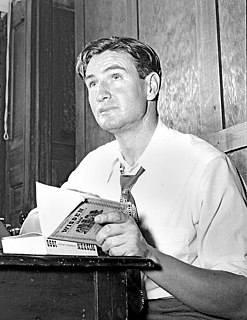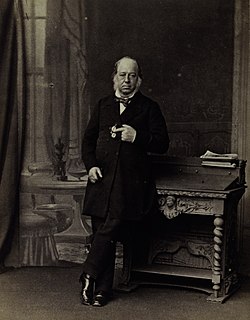A Quote by Mark Frauenfelder
I wrote and illustrated a science experiment book called 'The Mad Professor'.
Quote Topics
Related Quotes
In part I'm just mystified. Here's a woman, Hillary [Clinton], who wrote a book about it takes a "village" to raise children. It wasn't about a book about "it takes a pill." There's a "double think" that the modern person often has. Anything that's called "science" is accepted as an absolute and sweeps reason away.
It was exciting to work with director Jennifer Baichwal, who made Manufactured Landscapes and others, on the film of Payback: Debt and the Shadow Side of Wealth. It's called, simply, PAYBACK. Jennifer didn't want to do a transliteration of the book, a kind of illustrated version, but to go into the core of the book: owing and being owed, paying and paying back, on all sorts of levels. So she found real-life, visceral stories that embodied the themes of the book.

































